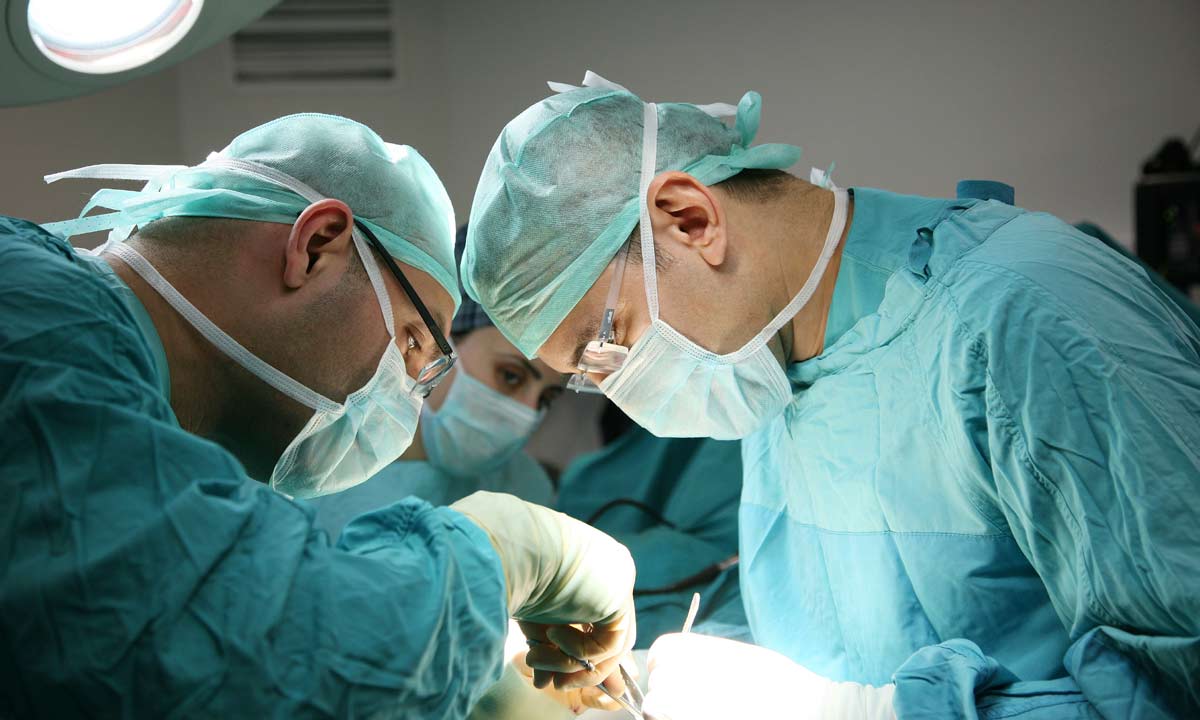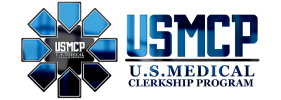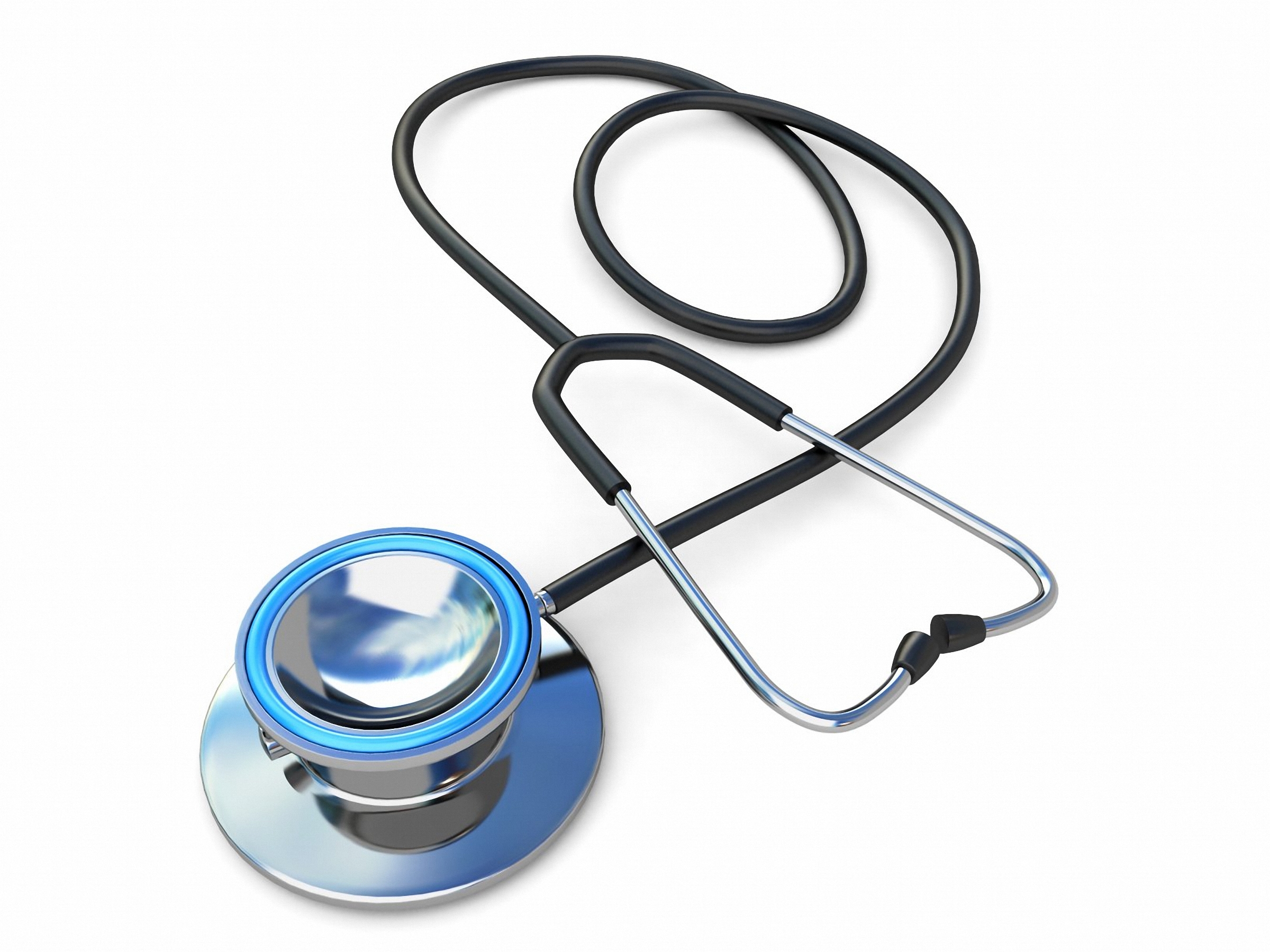
Specialties
Allergy and Immunology, Cardiology, Critical Care Medicine, Endocrinology, Gastroenterology, General Surgery, Genetics and Genomics, Neurology, Newborn Medicine, Ophthalmology, Otolaryngology, Pathology, Plastic Surgery, Psychiatry, Pulmonary and Respiratory Diseases, Radiology, and Urology. Observerships are also offered in the Simulator Program, the Nutrition Center, and Dentistry.

Why Us?
From the minute you give us your first call to sending us your application, we won’t leave your side. Our advisors will consult your current standing as a medical student with you and guide you as to how you can stand out amongst other applicants when applying to the next step in your career. We pride ourselves in being able to consults medical students all the way until they are physicians. As each program has it’s own specific requirements, our advisors will make sure to prepare you and assist you each step of the way.
Responsibilities of the students
-
Rule # 1: Follow the instructions of the physician preceptor and don’t spend time in the clinic, hospital or private practice unless scheduled and approved by the preceptor. Do not conduct physical examinations, treatments or diagnoses of any patient & Accept no compensation.
-
Rule # 2: Follow the rules and regulations of the hospital, clinic or private practice at all times. Adhere to Health Insurance Portability and Accountability Act (HIPPA) regulations. Participate in any prerequisite training (e.g., HIPAA) at the hospital, clinic or private practice
-
Rule # 3: Pay for actual costs of administrative or prerequisite items (ECFMG certification, passport, immunizations, etc.). Participate in activities (clinical tutorials, ward rounds and clinic visits), and observe procedures and operations under the supervision of the preceptor.
-
Rule # 4: Observe the use of electronic medical information systems, health records, laboratory and radiology reports, etc., if available, and familiarize yourself with patient data entry and access. Research the general structure and organization of the U.S. health care system, as well as private sector and government payers.
-
Rule # 5: Review clinical articles, posters and publications per the discretion of your preceptor. Arrange your own transportation, meals and lodging. Record observership hours and confirm your schedule and responsibilities with your physician preceptor regularly.
-
Rule # 6:
General learning objectives for each Rotation:
-
Monitor how a physician interacts with patients, noting how to take a history, perform an examination and diagnosis, recommend a treatment, code, write prescriptions and enter information on the patient’s chart, etc.
-
Study professional communication and interaction between the physician and all members of the health care delivery team and hospital administration
-
Understand and use American colloquialisms (slang, euphemisms, medical jargon, etc.)
-
Observe the delivery of health care in a private practice, hospital or clinical setting
-
Gain exposure to electronic medical records, and learn how to access and enter data




